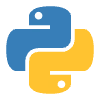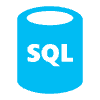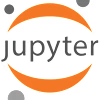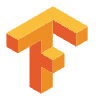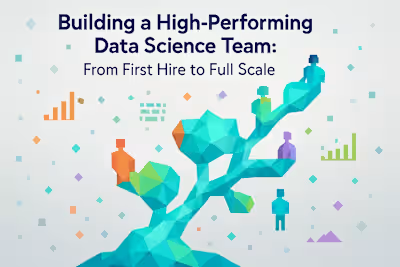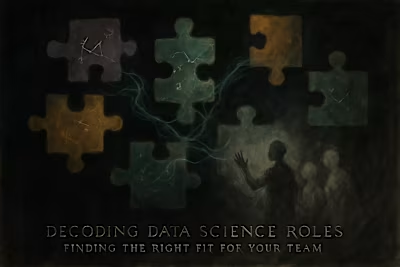Hiring Freelance Data Scientists: Benefits, Strategies, and Best Practices
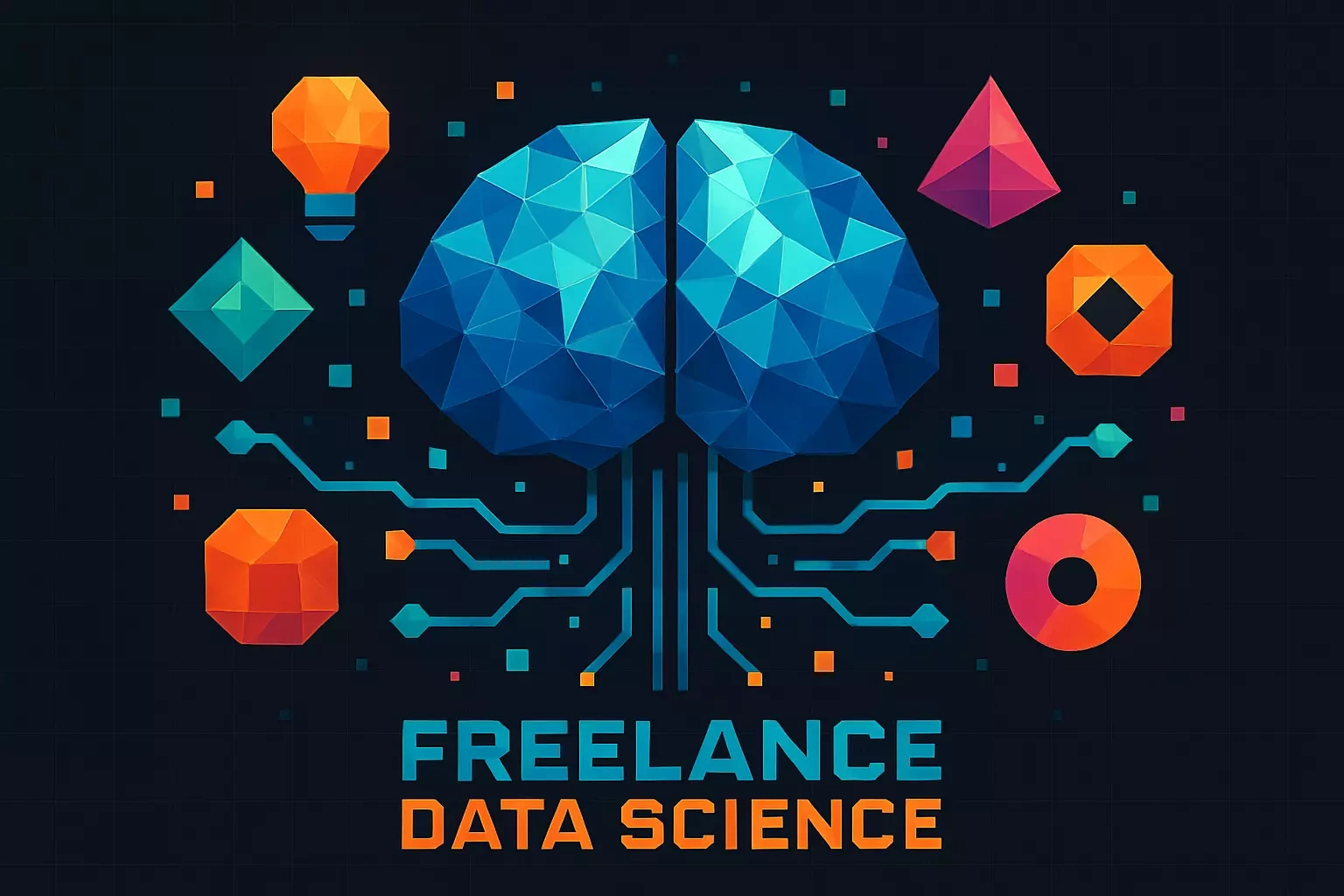
Hiring Freelance Data Scientists: Benefits, Strategies, and Best Practices
The Rise of the Freelance Data Scientist
Why Freelancing is Attractive to Data Scientists
Why Companies are Hiring Freelance Data Scientists
Benefits of Hiring Freelance Data Scientists
Access to Specialized Expertise
Cost-Effectiveness
Speed and Agility
Scalability and Flexibility
Fresh Perspectives and Innovation
Strategies for Finding and Vetting Freelance Data Scientists
Leveraging Freelance Platforms (like Contra)
Networking and Referrals
Assessing Portfolios and Past Work (Reiteration)
Conducting Targeted Interviews
Small Trial Projects
Best Practices for Managing Freelance Data Scientists
Clear Project Scope and Deliverables
Effective Communication and Collaboration Tools
Contracts and Agreements
Integrating Freelancers with In-House Teams (If Applicable)
Providing Feedback and Building Relationships
When is Hiring a Freelance Data Scientist the Right Choice?
Short-Term or Specific Projects
Accessing Niche Skills Not Available In-House
Budget Constraints
Augmenting Your Existing Team
Conclusion: Leveraging Freelance Talent for Data Success
References
Hiring Freelance Data Scientists: Benefits, Strategies, and Best Practices
The Rise of the Freelance Data Scientist
Why Freelancing is Attractive to Data Scientists
Why Companies are Hiring Freelance Data Scientists
Benefits of Hiring Freelance Data Scientists
Access to Specialized Expertise
Cost-Effectiveness
Speed and Agility
Scalability and Flexibility
Fresh Perspectives and Innovation
Strategies for Finding and Vetting Freelance Data Scientists
Leveraging Freelance Platforms (like Contra)
Networking and Referrals
Assessing Portfolios and Past Work (Reiteration)
Conducting Targeted Interviews
Small Trial Projects
Best Practices for Managing Freelance Data Scientists
Clear Project Scope and Deliverables
Effective Communication and Collaboration Tools
Contracts and Agreements
Integrating Freelancers with In-House Teams (If Applicable)
Providing Feedback and Building Relationships
When is Hiring a Freelance Data Scientist the Right Choice?
Short-Term or Specific Projects
Accessing Niche Skills Not Available In-House
Budget Constraints
Augmenting Your Existing Team
Conclusion: Leveraging Freelance Talent for Data Success
References
Posted Jun 12, 2025
Explore the advantages of hiring freelance data scientists. Learn strategies for finding, vetting, and managing freelance talent for your projects.

